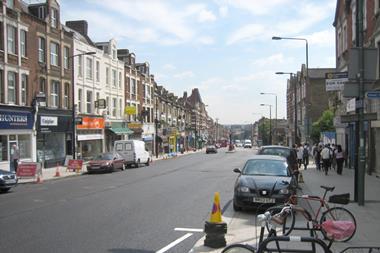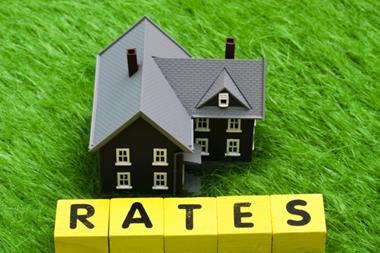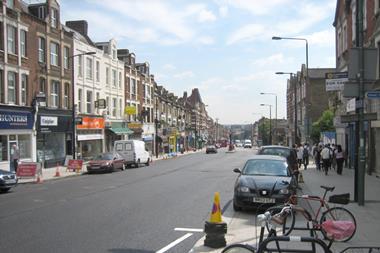Businesses ineligible for rate relief from April will see their bills rise by no more than £50 a month, while councils will get access to a £300m discretionary fund for hard-hit cases, the chancellor announced today.
Philip Hammond announced in the Budget that the government would consult on reforming the revaluation process, and acknowledged that “we have to find a better way to tax the digital part of the economy”.
In the meantime he revealed three measures to help businesses affected by April’s revaluation, including the £50 cap on monthly bills for businesses coming out of relief; the £300m fund for local authorities; and a £1,000 discount on pubs with a rateable value of less than £100,000.
But Hammond reaffirmed the government’s commitment to rates, saying it raised £25bn a year, all of which would go to local government by 2020.
Association of Convenience Stores chief executive James Lowman said: “The £300m discretionary fund given to local authorities will provide welcome relief to the hardest hit. We are committed to working with the Department for Communities and Local Government on the formula for allocating discretionary relief funding across local authorities.
“We will help members make their case for rate relief to their local authority. We are disappointed that there has been no targeted relief for petrol forecourts which are some of the hardest hit businesses as a result of the revaluation, but will support these stores in making a case to their local authorities for much needed help.”
Regarding the future review of business rates, he added: “We are disappointed that the government is not addressing these issues now, meaning the current inequities in the system will remain.”
British Retail Consortium chief exeucitve Helen Dickinson said: “We hope that the relief measures will help some of those businesses hardest hit by the revaluation, albeit only temporarily.
“This is yet another sticking plaster on a chronically ill patient – an unsustainable property tax higher here than anywhere in the developed world.”
Hammond also confirmed the soft drinks levy of 18p and 24p per litre for the main and higher bands would go ahead, and announced a new minimum excise duty on cigarettes based on a pack price of £7.35.
On the minimum excise duty, Lowman said: “The introduction of a minimum excise tax is likely to increase the lowest price at which consumers can legally purchase a pack of cigarettes. This will drive more customers to the black market, which already costs the exchequer in excess of £2bn a year. More needs to be done on the ground to tackle the illicit trade and help responsible retailers.”
Elsewhere the Federation of Wholesale Distributors (FWD) warned that the chancellor had done nothing to address the potential for tax-evaded soft drinks to flood the market.
“The levy is not placed at the point of entry of high-sugar soft drinks at borders, and responsible wholesalers who pay the new tax could find themselves in competition with criminals who do not. FWD is working closely with HMRC to reduce the risk of fraudulent sales,” a spokesman said.


















No comments yet